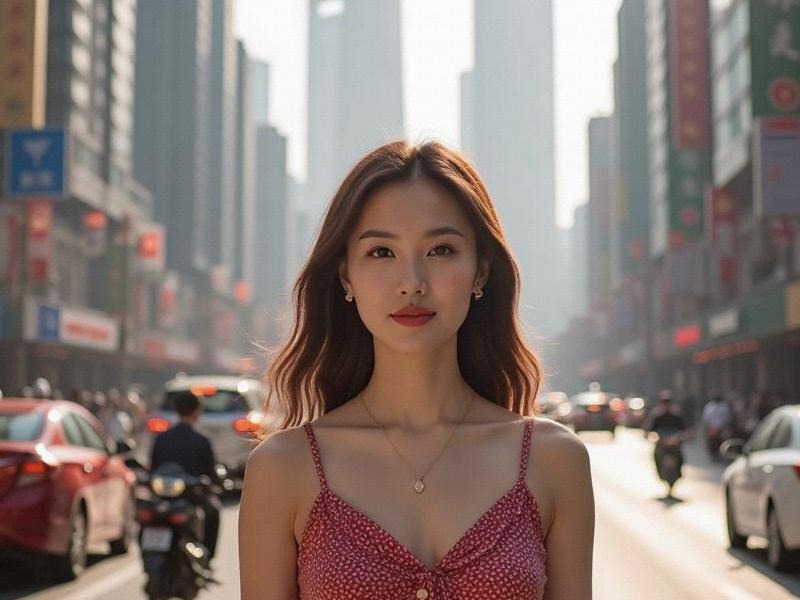This in-depth report examines how Shanghai's unique position as China's global gateway has created a distinctive beauty aesthetic that simultaneously embraces and challenges traditional Chinese feminine ideals.

In the mirrored corridors of Shanghai's Plaza 66 mall, a fascinating cultural phenomenon unfolds daily. Here, the city's women - from finance executives to art students - navigate a complex beauty landscape that blends centuries-old Chinese aesthetics with cutting-edge global trends. This juxtaposition forms what sociologists now call "The Shanghai Beauty Paradox" - the simultaneous preservation and reinvention of Chinese feminine ideals in the country's most international city.
Historical Context: From Shanghai Girls to Global Citizens
Evolution of beauty standards:
- 1920s: Qipao-clad "Modern Girls" of the Jazz Age
- 1980s: Permed hair and bright lipstick of reform era
- 2000s: Korean-influenced "ulzzang" doll faces
- 2020s: Hybrid "guochao" (national trend) aesthetics
"Shanghai has always been China's beauty laboratory," explains cultural historian Professor Zhang Wei. "What makes today different is how local women actively curate their influences rather than passively follow trends."
上海龙凤419足疗按摩 The Data of Beauty
Market research insights:
- ¥42 billion annual beauty spending (2024)
- 68% use both TCM and Western skincare
- Average daily beauty routine: 47 minutes
- 54% regularly modify looks for different contexts
Industry Innovations
Pioneering developments:
上海花千坊爱上海 - AI skin analysis in 92% of department stores
- "Smart mirrors" with virtual makeovers
- Custom 3D-printed foundation
- Sustainable beauty startups growth: 240% since 2022
Cultural Contradictions
The Shanghai beauty paradox manifests in:
- Wearing designer sneakers with vintage qipao
- Combining gua sha massage with LED therapy
- Following both Douyin and TikTok beauty gurus
上海品茶网 - Valuing both pale skin and healthy tanning
Social Implications
Broader impacts:
- 72% say beauty standards have become more inclusive
- 58% report feeling empowered by self-expression
- 39% acknowledge persistent pressure
- 81% believe Shanghai has distinctive beauty culture
As Shanghai cements its status as a global fashion capital, its women continue to navigate this complex beauty landscape with remarkable creativity. Their choices reflect not just personal style but the city's broader identity crisis - torn between Chinese tradition and global modernity, between commercial pressures and authentic self-expression. This ongoing negotiation offers fascinating insights into how urban Chinese women are rewriting the rules of femininity in the 21st century.